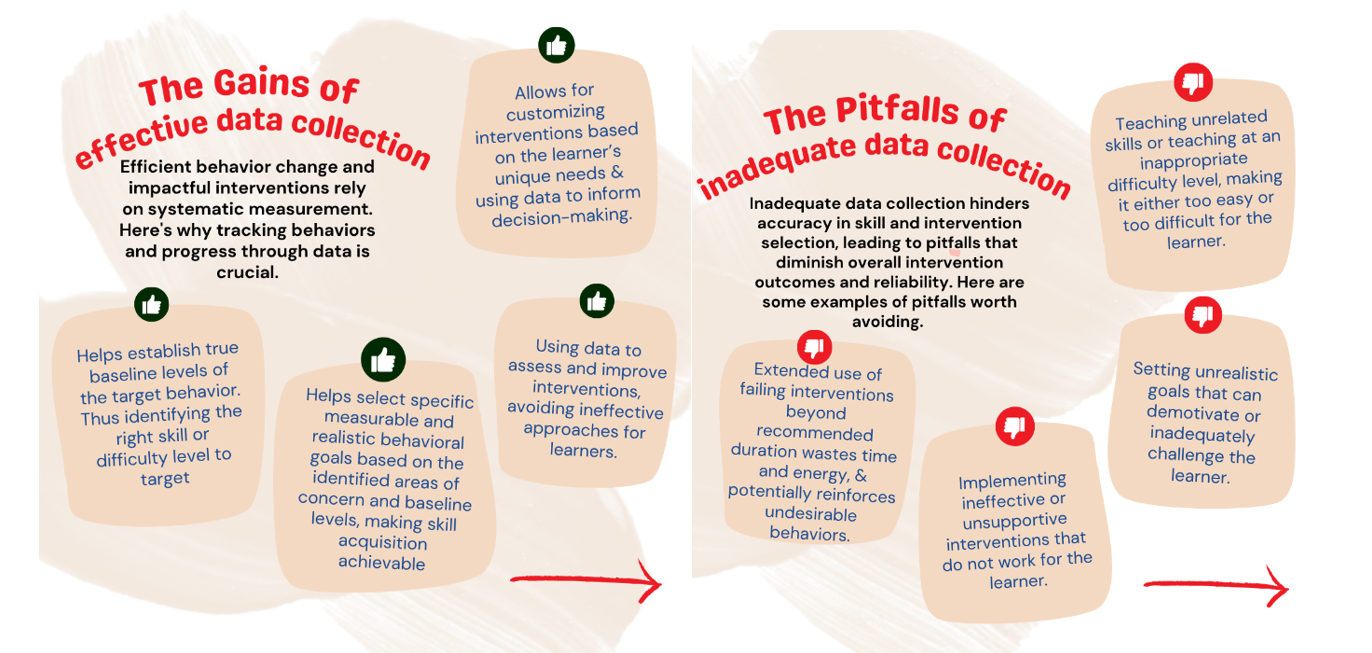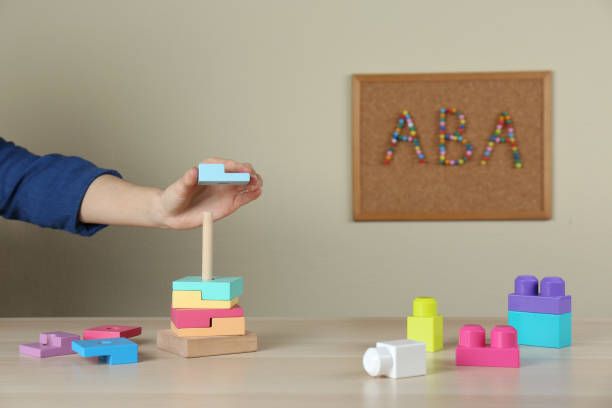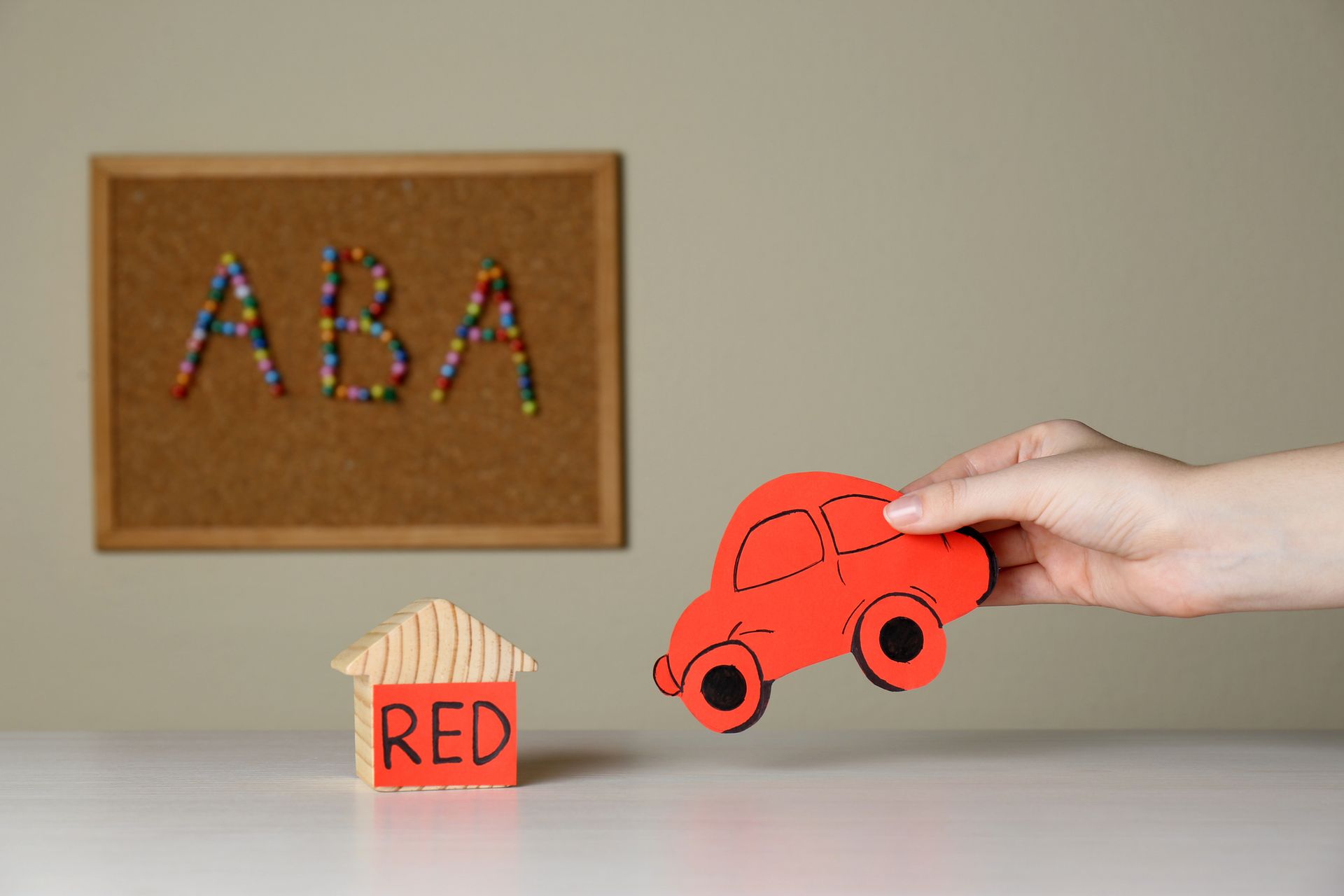A Glimpse into ABA Sessions: Exploring the Roles of BCBA and RBT Professionals
Get started today with A World of ABA. Reach out at info@aworldofaba.com

As a parent considering Applied Behavior Analysis (ABA) therapy for your child, understanding the roles of the professionals working closely with your child is essential. Two key figures lead ABA sessions: the Board-Certified Behavior Analyst (BCBA) and the Behavior Technician (RBT). In this blog post, we'll delve into the functions of these professionals and provide you with an inside look into what an ABA session with your child might entail.
The BCBA: Guiding the Path to Progress-
The BCBA is a highly trained and certified expert with a master's or doctoral degree in behavior analysis. They are the architects behind your child's ABA journey, designing and overseeing the treatment plan. Here's what you can expect from the BCBA:
- Initial Assessment: The BCBA will thoroughly assess your child's strengths, challenges, and developmental goals. Through direct observation, interviews, and assessments, they identify your child's unique needs.
- Individualized Treatment Plan: The BCBA creates a tailored plan of care that outlines specific goals and strategies based on the assessment. This plan focuses on fostering positive behaviors, reducing challenging behaviors, and promoting skill development.
- Strategy Implementation: The BCBA provides clear instructions, training, and guidelines for the Behavior Technician (RBT) to implement during sessions. They ensure the strategies align with your child's goals and monitor progress.
- Progress Monitoring and Adjustments: Throughout the therapy process, the BCBA analyzes data collected by the RBT during sessions. They make data-driven decisions to refine and adjust interventions as needed, ensuring optimal progress.
The RBT: Bringing the Plan to Life
The Behavior Technician (RBT) is the hands-on practitioner who carries out the strategies outlined by the BCBA. They work directly with your child during ABA sessions and play a crucial role in implementing the treatment plan. Here's a glimpse into the RBT's responsibilities:
- Session Preparation: The RBT prepares materials, activities, and tools based on the strategies provided by the BCBA. They ensure that the session environment is engaging and conducive to learning.
- One-on-One Interaction: During ABA sessions, the RBT engages with your child in activities designed to promote target skills and behaviors. These activities can range from play-based interactions to structured learning tasks.
- Data Collection: Throughout the session, the RBT collects data on your child's responses, progress, and behavior. This data is essential for the BCBA to analyze and make informed decisions about the intervention plan.
- Collaboration and Feedback: The RBT communicates regularly with the BCBA, sharing updates on progress and any challenges encountered. This collaboration ensures that the treatment plan remains effective and adaptable.





Nurturing Progress: The Transformative Journey of Applied Behavior Analysis for Children with Autism



